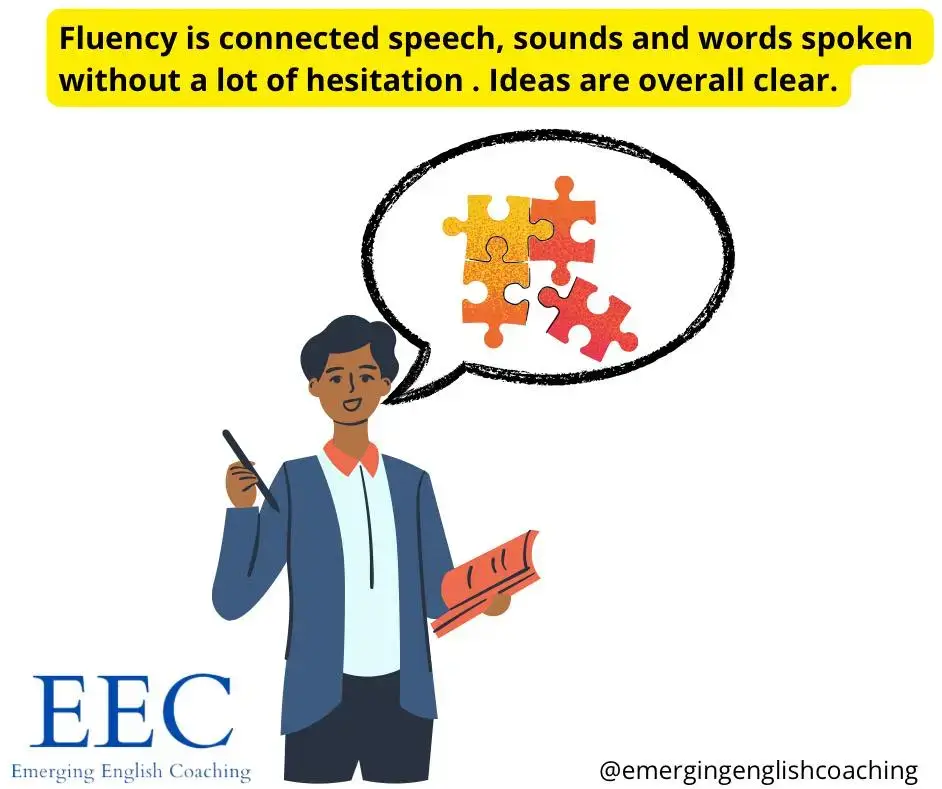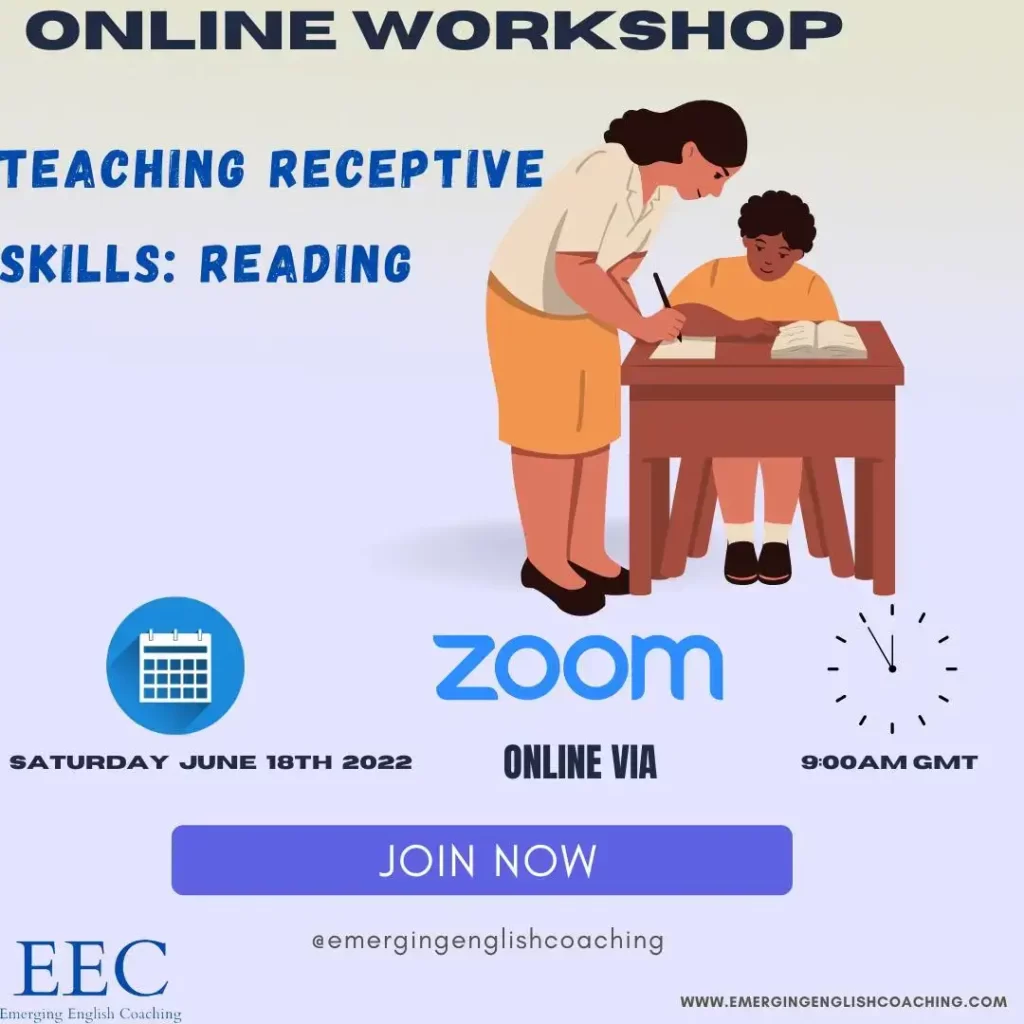So, you’ve decided to study English on your own? Don’t worry EEC has some tips to help you effectively learn English Independently. Our goal is to help you reach yours, so we are delighted to provide these tips! We believe that it is essential to adopt a holistic approach that encompasses diverse activities and engages multiple language skills. In this blog post, we will discuss three key strategies that can significantly improve your independent studies.
1. Establish Diverse Reading habits
One of the cornerstones of effective language learning is developing a habit of diverse reading. Beyond traditional textbooks, immerse yourself in a spectrum of materials ranging from professional and academic to leisure and fun texts. This can include everything from newspapers and articles to comics, novels, and even social media posts. By exposing yourself to various writing styles, vocabulary, and contexts, you not only broaden your understanding of the language but also learn to navigate different communicative nuances. This diverse exposure contributes to a more comprehensive grasp of English, making your language skills adaptable to various situations.
2. Active Listening Practice: Tuning Into Fluency
Active listening is a crucial skill for language learners, and the beauty of self-learning lies in the flexibility it provides. Incorporate regular sessions of listening to English podcasts, audiobooks, videos, and movies into your routine. The key here is to focus on diverse accents and speeds. Podcasts, in particular, offer a wealth of real-world language usage and cover a wide range of topics, providing an immersive experience. Audiobooks and videos, on the other hand, expose you to different tones, expressions, and colloquialisms. By actively engaging with spoken English, you not only enhance your listening comprehension but also refine your pronunciation and rhythm.
3. Consistent Vocabulary Journal
Building a robust vocabulary is fundamental to mastering any language. To reinforce and expand your word bank, maintain a vocabulary journal. Whenever you encounter a new word during your reading or listening activities, write it down along with its context and meaning. Regularly review your vocabulary journal and actively incorporate these words into your daily conversations or writing. This practical application is essential for cementing the words in your memory and integrating them into your active vocabulary. As you observe how these words fit into different contexts, you’ll gain a deeper understanding of their nuances and usage.
Putting It All Together: A Holistic Approach
While each of these strategies is valuable on its own, the real magic happens when you integrate them into a cohesive and holistic approach to language learning. For instance, you can choose a theme for your reading materials that aligns with your interests, ensuring an engaging and enjoyable experience. When you find new words while reading, try listening to podcasts or watching videos about similar topics. It’s like putting together what you read and hear. This helps you learn in a fun way, especially when you explore things you like. It makes remembering new words easier and improves how well you understand English when people talk. It’s like practicing two skills at the same time, making learning more enjoyable!
Furthermore, don’t underestimate the power of self-assessment. Periodically evaluate your progress, identify areas for improvement, and tailor your learning activities accordingly. This self-awareness allows you to adapt your strategies, ensuring that your self-learning journey remains dynamic and effective.
In conclusion, mastering English through self-learning is a journey that requires dedication, curiosity, and a strategic approach. By cultivating diverse reading habits, engaging in active listening practices, and maintaining a vocabulary journal, you not only enhance your language skills but also create a rich and immersive learning experience. Embrace the process, stay consistent, and watch as your proficiency in English reaches new heights. Happy learning!



